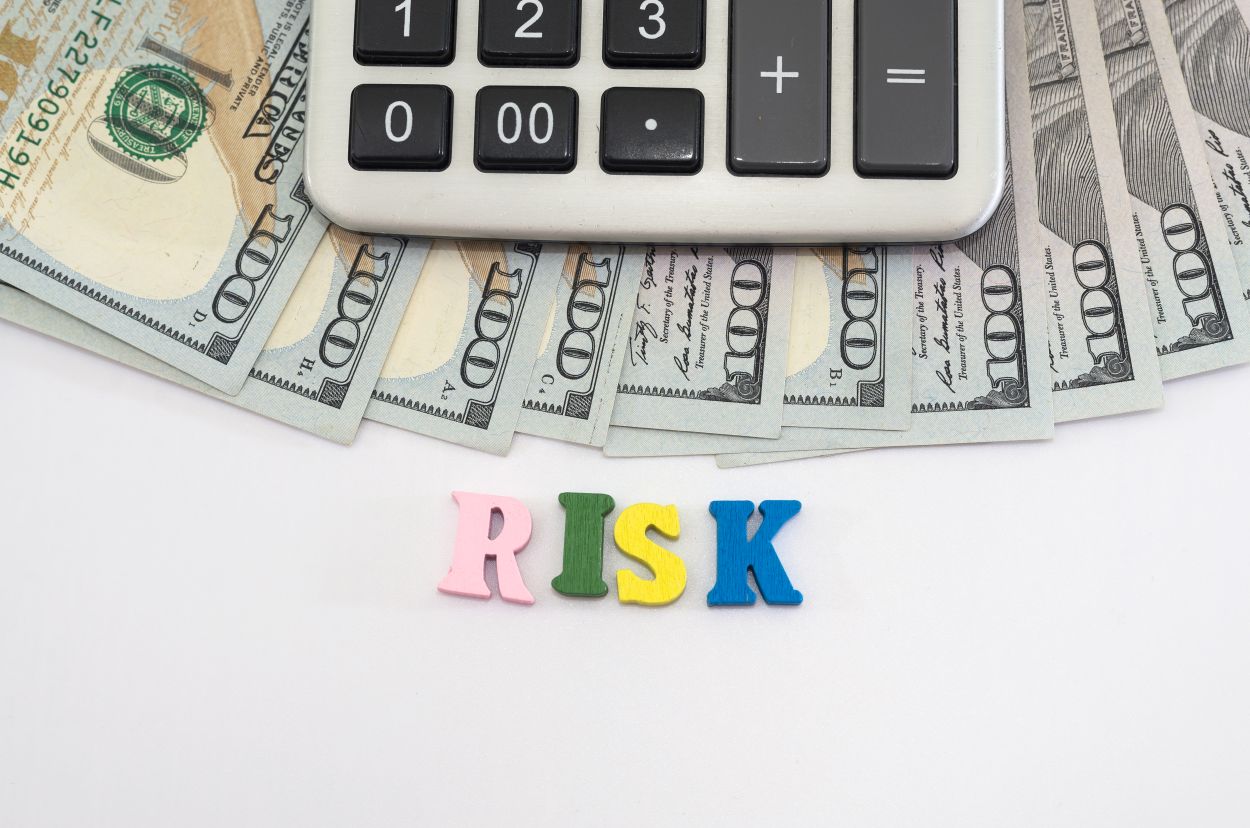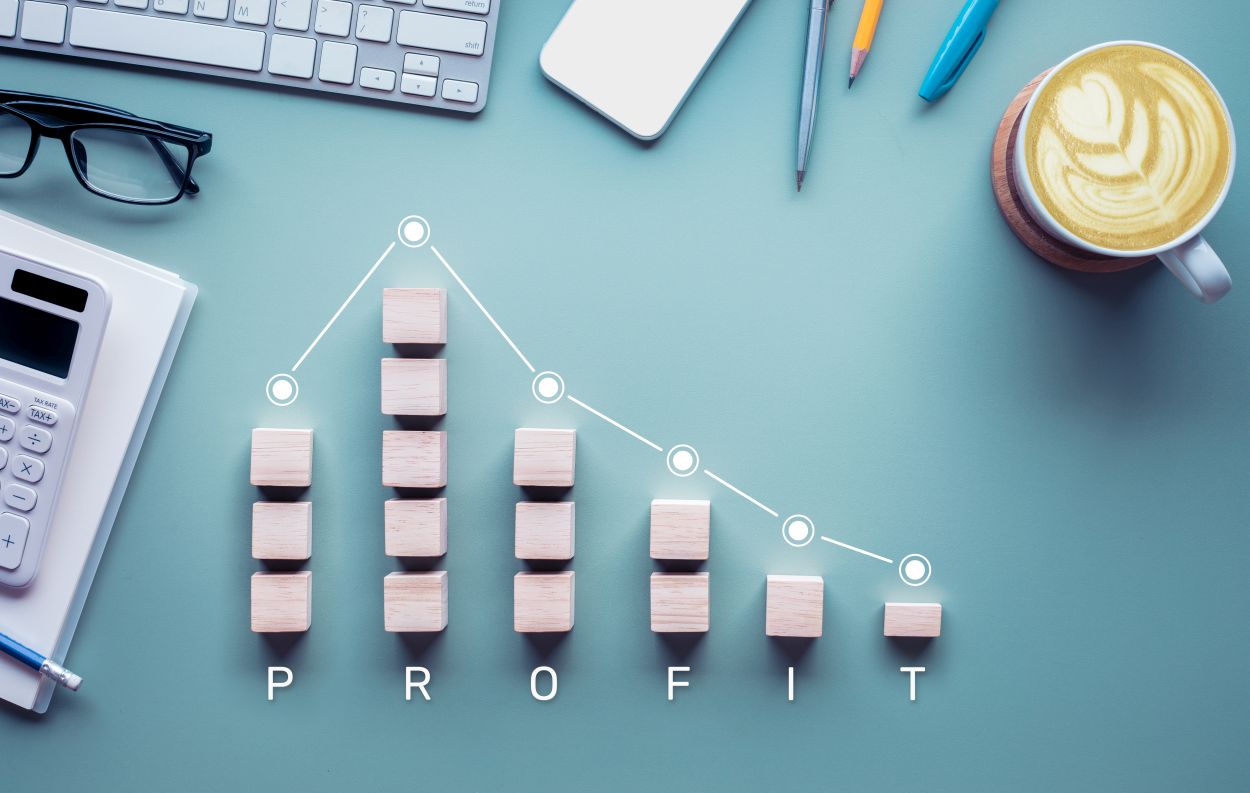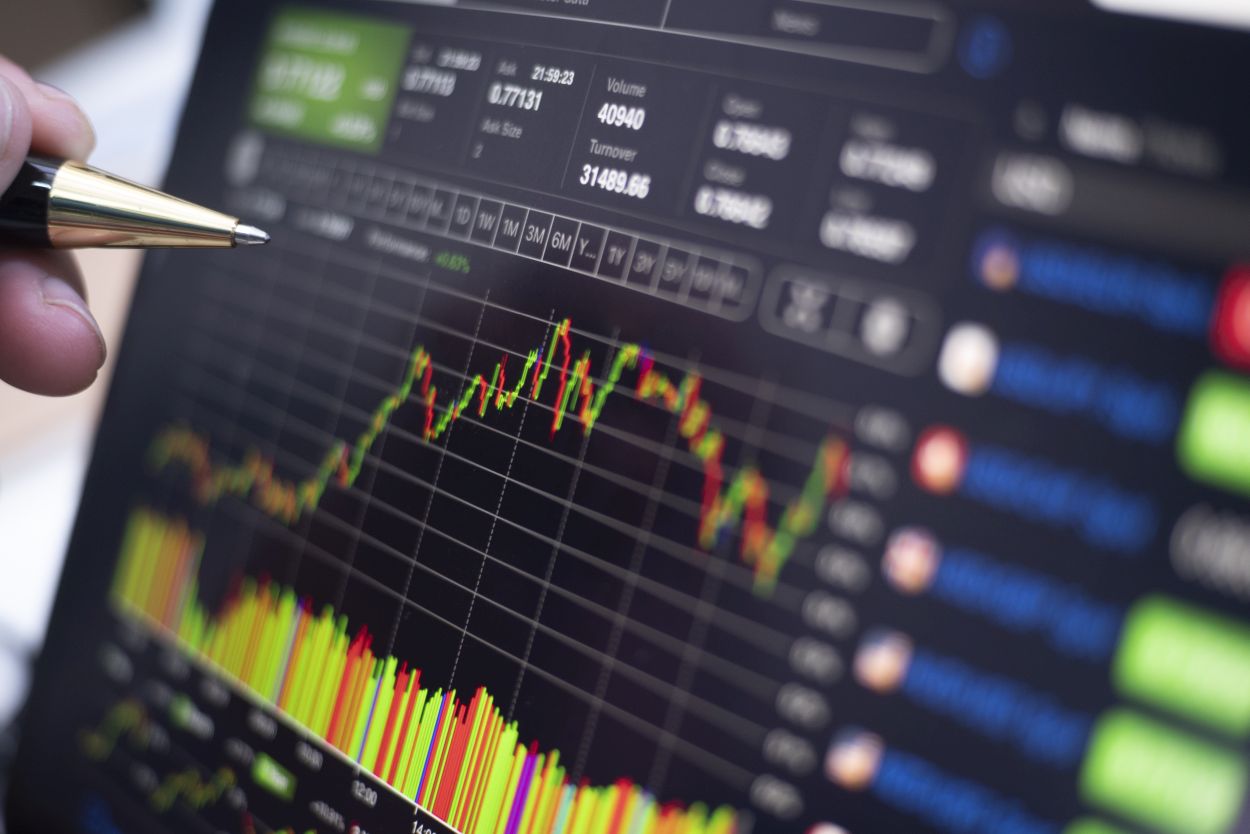Currency is a medium of exchange that is used to facilitate the exchange of goods and services. It is generally accepted as a form of payment and can be exchanged for other currencies or used to purchase goods and services. Most modern currencies are issued and backed by a government, and are typically made up of physical notes and coins, as well as electronic funds that are stored in banks or other financial institutions.
Currencies can be classified as either fiat currencies or commodity currencies. Fiat currencies are not backed by a physical commodity, such as gold or silver, and their value is based on the faith and credit of the issuing government. Commodity currencies, on the other hand, are backed by a physical commodity and their value is tied to the value of the commodity.
Currencies are traded on financial markets, and their value is determined by supply and demand. Factors such as economic conditions, interest rates, and political stability can affect the value of a currency. The exchange rate between two currencies is the rate at which one currency can be exchanged for another.
Most important informations about world’s currencies
There are many different currencies used around the world, and each country has its own currency that is issued and backed by its government. Some of the most widely used and traded currencies include:
- US Dollar (USD): The US dollar is the official currency of the United States and is widely used as a reserve currency by other countries. It is issued by the Federal Reserve, the central bank of the United States.
- Euro (EUR): The euro is the official currency of the European Union and is used by 19 of its member countries. It is issued by the European Central Bank.
- Japanese Yen (JPY): The Japanese yen is the official currency of Japan and is issued by the Bank of Japan.
- British Pound (GBP): The British pound is the official currency of the United Kingdom and is issued by the Bank of England.
- Chinese Yuan (CNY): The Chinese yuan is the official currency of China and is issued by the People’s Bank of China.
- Swiss Franc (CHF): The Swiss franc is the official currency of Switzerland and is issued by the Swiss National Bank.
- Canadian Dollar (CAD): The Canadian dollar is the official currency of Canada and is issued by the Bank of Canada.
These are just a few examples of the many currencies used around the world. Each country has its own currency that is used for domestic transactions and is often accepted as a form of payment in other countries as well.
What is Forex?
The currency market, also known as the foreign exchange market or forex market, is a global decentralized market for the trading of currencies. It is the largest financial market in the world, with a daily trading volume of over $6 trillion.
The currency market is where currencies are bought and sold, with the aim of making a profit from fluctuating exchange rates. Currency traders, also known as forex traders, buy and sell currencies in the hopes of profiting from the changes in exchange rates between the two currencies.
The currency market is open 24 hours a day, five days a week, and is considered an over-the-counter (OTC) market, meaning that it is not centralized and does not have a physical location. Instead, currency trading is conducted electronically, through a network of banks, financial institutions, and individual traders connected through the internet.
The currency market is affected by a variety of factors, including economic conditions, interest rates, political stability, and global events. These factors can influence the demand for and supply of different currencies, which in turn can affect their exchange rates.
Currency trading is a popular activity for both professional and individual investors, and it can be accessed through a variety of platforms, including online forex brokers, banks, and financial institutions. However, it is important to be aware of the risks involved in currency trading, as exchange rates can fluctuate significantly and there is the potential for significant losses.
Forex trading is conducted electronically, through a network of banks, financial institutions, and individual traders connected through the internet. It is an over-the-counter (OTC) market, meaning that it is not centralized and does not have a physical location. The currency market is open 24 hours a day, five days a week.
There are many factors that can influence the forex market, including economic conditions, interest rates, political stability, and global events. These factors can affect the demand for and supply of different currencies, which in turn can affect their exchange rates.
Additional points about the forex market:
- Currencies traded: The forex market involves the trading of currencies in pairs. Some of the most commonly traded currency pairs include the EUR/USD, USD/JPY, GBP/USD, and USD/CHF.
- Leverage: One unique aspect of the forex market is the use of leverage, which allows traders to trade larger amounts of money than they have in their account. Leverage can magnify both profits and losses, and it is important for traders to understand the risks involved and use proper risk management strategies.
- Volatility: The forex market can be volatile, with exchange rates fluctuating significantly in response to economic and market events. This volatility can present opportunities for traders, but it also carries the risk of significant losses.
- Trading platforms: Forex traders can access the market through a variety of platforms, including online forex brokers, banks, and financial institutions. These platforms typically offer a range of tools and resources, including real-time quotes, charts, news feeds, and analysis, to help traders make informed decisions.
- Regulations: The forex market is regulated by various financial authorities around the world, including the Financial Conduct Authority (FCA) in the UK and the Commodity Futures Trading Commission (CFTC) in the US. These regulatory bodies set rules and standards for the industry to protect consumers and ensure fair and transparent markets.
- Risks: As with any form of trading, forex trading carries risks. It is important for traders to understand these risks and use proper risk management strategies, such as setting stop-loss orders, to mitigate potential losses. It is also important for traders to educate themselves about the markets and use reliable and reputable trading platforms.
Currency Calculator
A currency calculator, also known as a foreign exchange rate calculator, is a tool that helps users to determine the exchange rate between two different currencies. It allows users to input the amount of one currency that they want to convert, and then calculates the equivalent amount in the second currency based on the current exchange rate. kalkulator walut, kalkulator walutowy
To use a currency calculator, the user typically selects the two currencies that they want to exchange from a drop-down menu or by typing in the currency codes. They then enter the amount of the first currency that they want to convert, and the calculator automatically calculates the equivalent amount in the second currency.
Currency calculators are widely available online and can be accessed through a variety of websites and apps. They are often free to use and can be a useful tool for travelers, investors, and anyone else who needs to make currency conversions. Some currency calculators also offer additional features, such as the ability to compare exchange rates from multiple sources or to see historical exchange rates.




